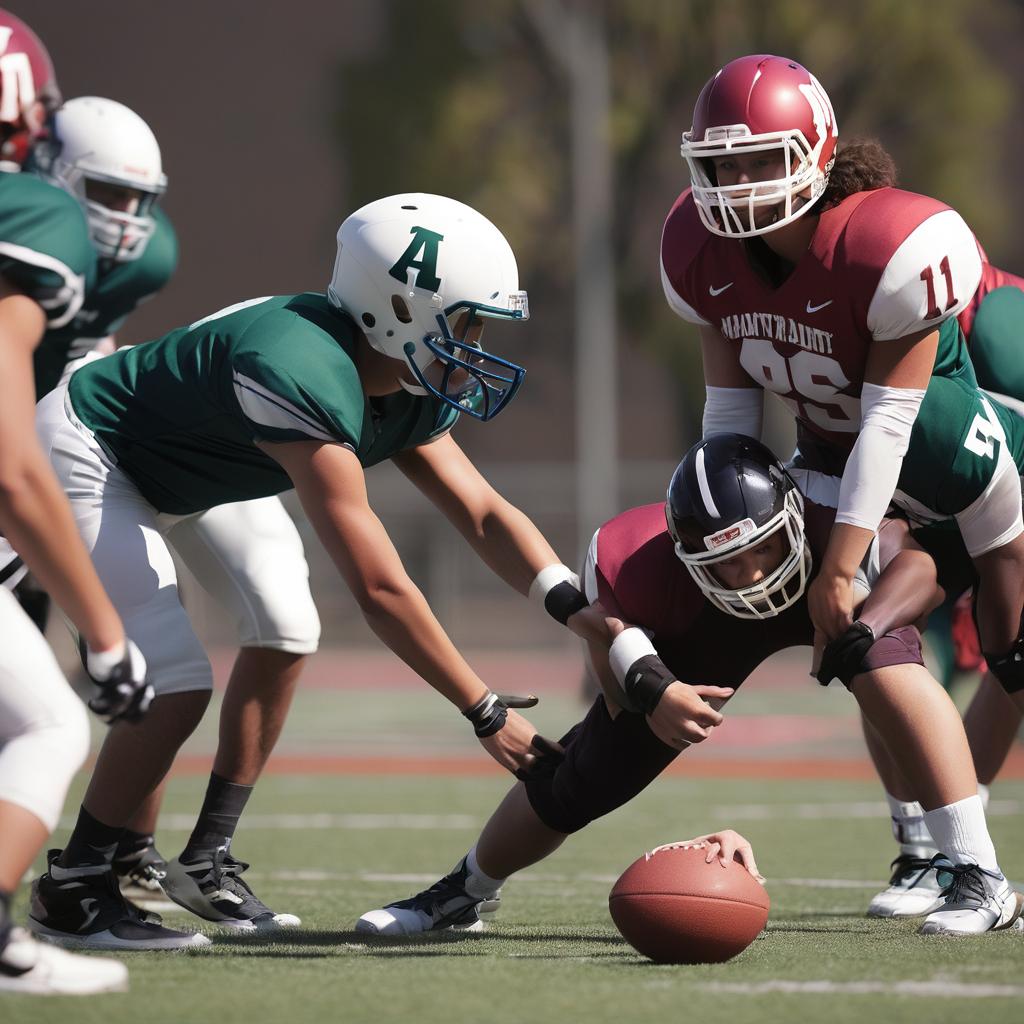
Tax Considerations for Student-Athletes in NIL Era
In recent years, a significant shift has occurred in college athletics, with student-athletes now able to earn money through their name, image, and likeness (NIL). This new opportunity, however, comes with important tax implications that student-athletes need to understand.
NIL income includes both monetary and non-monetary compensation received from activities like sponsorships, endorsements, and merchandise deals. While the specifics of NIL rules vary by state and college, it’s crucial for student-athletes to grasp the tax implications before diving into NIL agreements.
First and foremost, student-athletes need to recognize that receiving NIL income often classifies them as self-employed. This means they may need to file their own tax returns and could impact their eligibility as dependents on their parents’ tax returns.
Before jumping into NIL agreements, it’s essential to comprehend the tax ramifications. Payments from NIL deals are typically treated as self-employment income for tax purposes. With the ever-evolving landscape of NIL regulations and tax laws, staying informed about relevant IRS and state guidelines is vital.
To navigate this complex terrain, student-athletes should assemble a team of qualified financial professionals and attorneys. These experts can assist in establishing a business structure, tracking income and expenses, deducting relevant expenses, and planning for quarterly estimated tax payments.
Establishing a business structure, such as a Limited Liability Company (LLC), can provide protection against personal liability and ensure legal safeguarding. Keeping meticulous records of income and expenses, utilizing bookkeeping software, and delegating responsibilities to qualified professionals can streamline the tax process.
Also Read: Financial Freedom Tips Through Loud Budgeting
Student-athletes engaged in NIL activities can also take advantage of various business deductions, such as travel costs, meals, and equipment. Maximizing these deductions is crucial for minimizing tax liabilities.
Moreover, as self-employed individuals, student-athletes must plan for quarterly estimated tax payments. Proactively earmarking funds for federal, state, and potentially local tax obligations throughout the year can prevent interest and penalties.
Additionally, student-athletes earning NIL income in multiple states may face tax obligations and filing requirements in each state. Understanding state tax laws and seeking advice from tax professionals are essential steps to avoid compliance issues.
Also Read: Connecting with Millennials on Money Matters
While the opportunity for student-athletes to earn NIL income is exciting, it’s essential to navigate the associated tax implications carefully. By staying informed, assembling a qualified team, and implementing strategic tax planning, student-athletes can effectively manage their finances and capitalize on this new opportunity.
